Our Capabilities
Extrusion fabrication
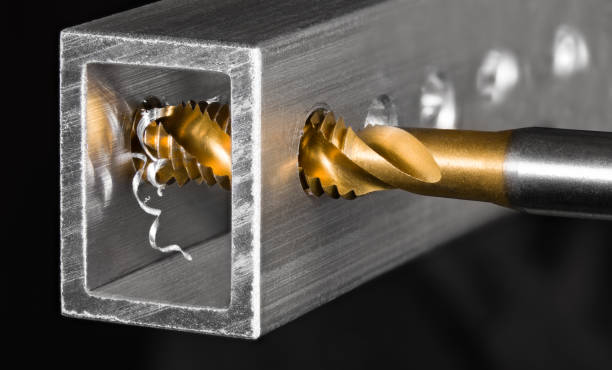
DRILLING AND TAPPING
Drilling involves creating round holes in aluminum profiles
for various purposes, such as assembly, fastening, or design.
Tapping refers to cutting internal threads into pre-drilled
holes to allow screws or bolts to be inserted and tightened.
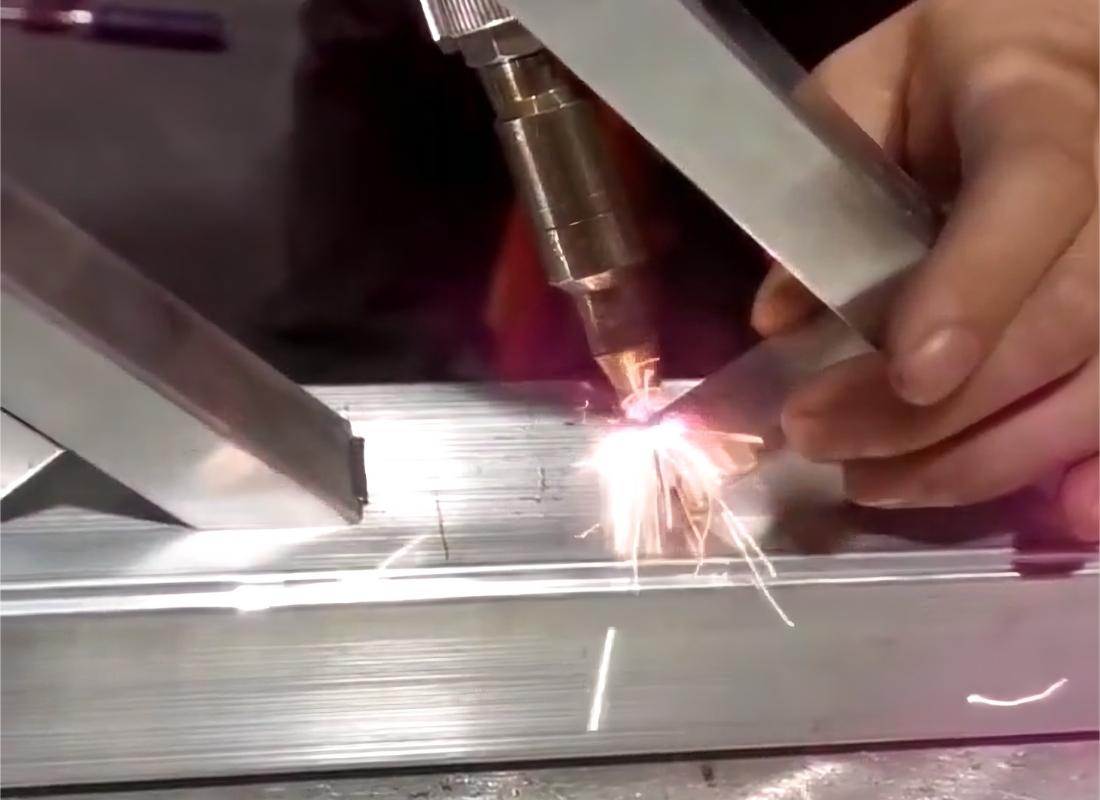
LASER WELDING
Laser welding is a high-precision process that uses a focused
laser beam to join aluminum pieces together. The high heat
generated by the laser melts the aluminum at the weld joint,
fusing the parts. This process provides clean, strong welds
with minimal heat distortion, making it suitable for thin or
delicate aluminum profiles.
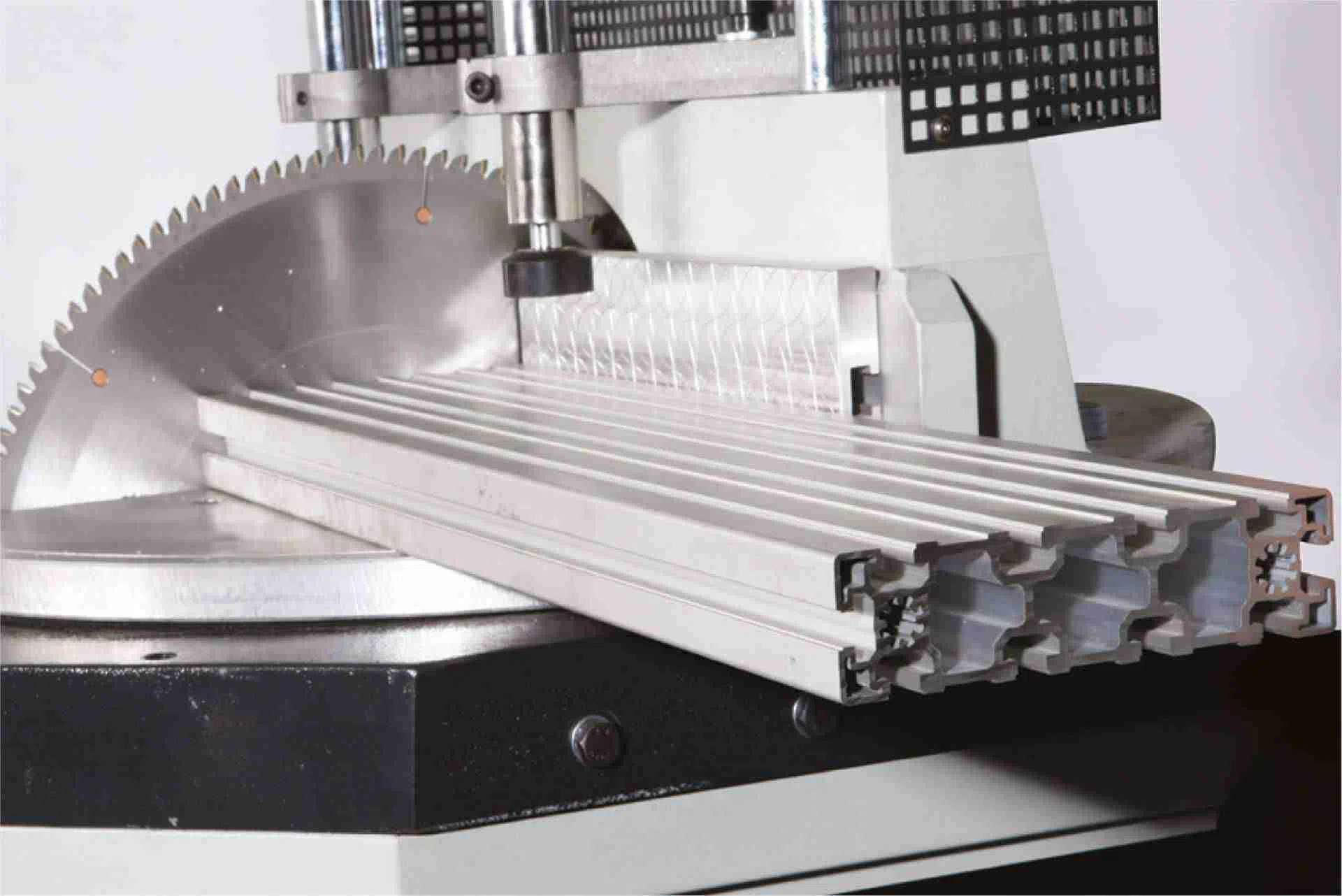
CUTTING
Aluminum profiles can be cut using various methods, including
sawing, laser cutting, water jet cutting, or plasma cutting.
Sawing is often used for straight cuts. Laser cutting offers
high precision for intricate shapes and complex cuts. Water
jet cutting uses high-pressure water to cut, leaving smooth
edges with no thermal distortion.
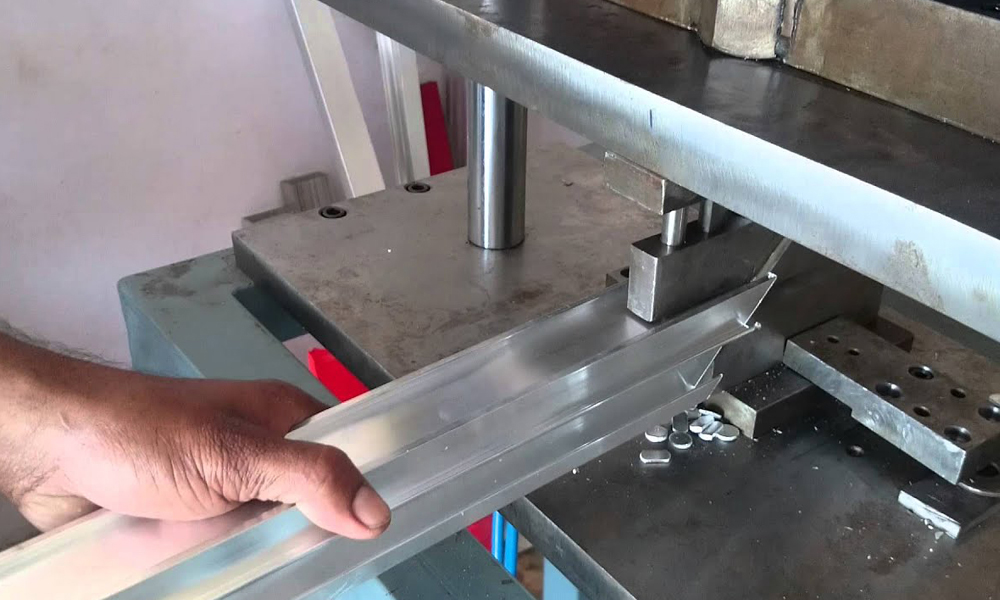
PUNCHING
Punching is used to create holes or other shapes in aluminum
profiles by using a die and punch tool. The process involves
applying force to push the punch through the aluminum,
creating holes or indentations. This can be done for assembly,
ventilation, or aesthetic purposes.
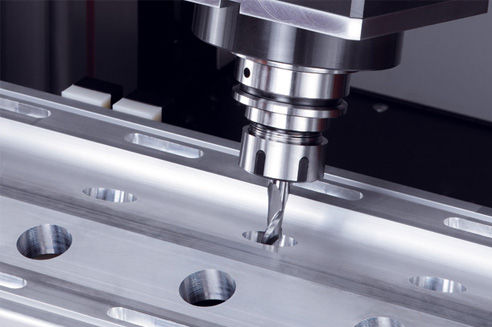
CNC MACHINING
CNC machining involves the use of computer- controlled
machines to perform various operations like drilling, milling,
turning, and threading on aluminum profiles. CNC machining
provides high precision and allows for complex and custom
shapes, which makes it ideal for intricate designs.
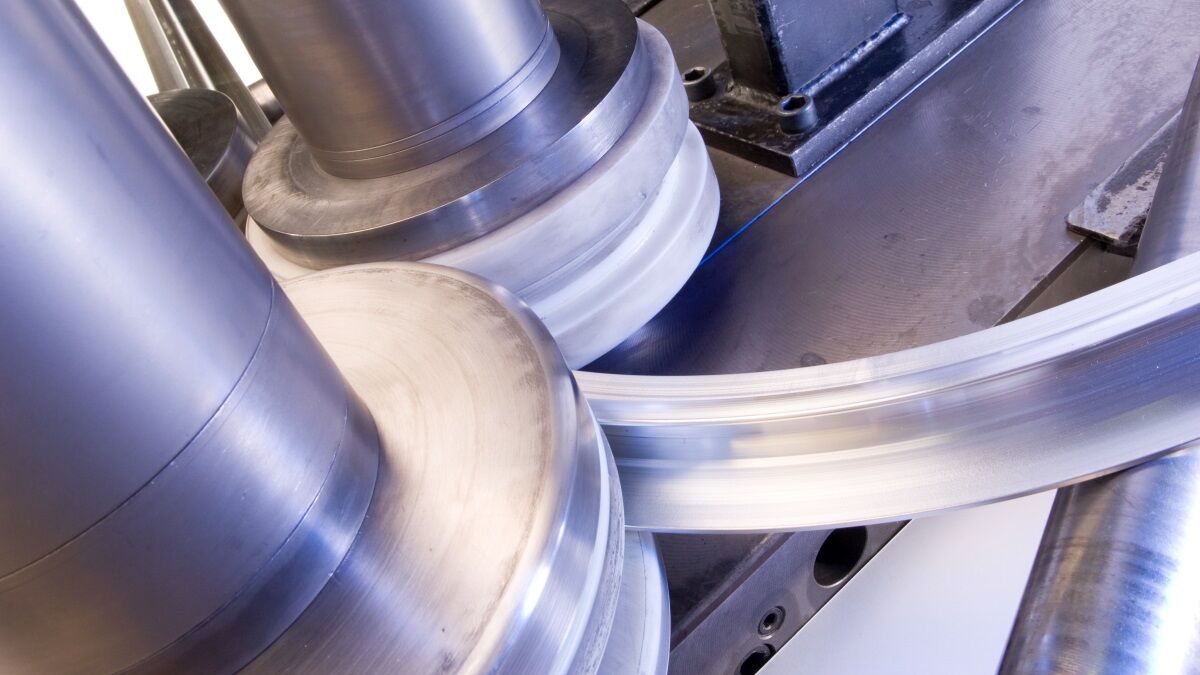
BENDING
Bending is the process of deforming aluminum profiles to create angles or curves. This is typically done using a press brake or roll bender. Aluminum profiles can be bent to a variety of angles, depending on the requirements of the product. Bending is commonly used for frames, brackets, or parts requiring specific shapes to fit into assemblies.